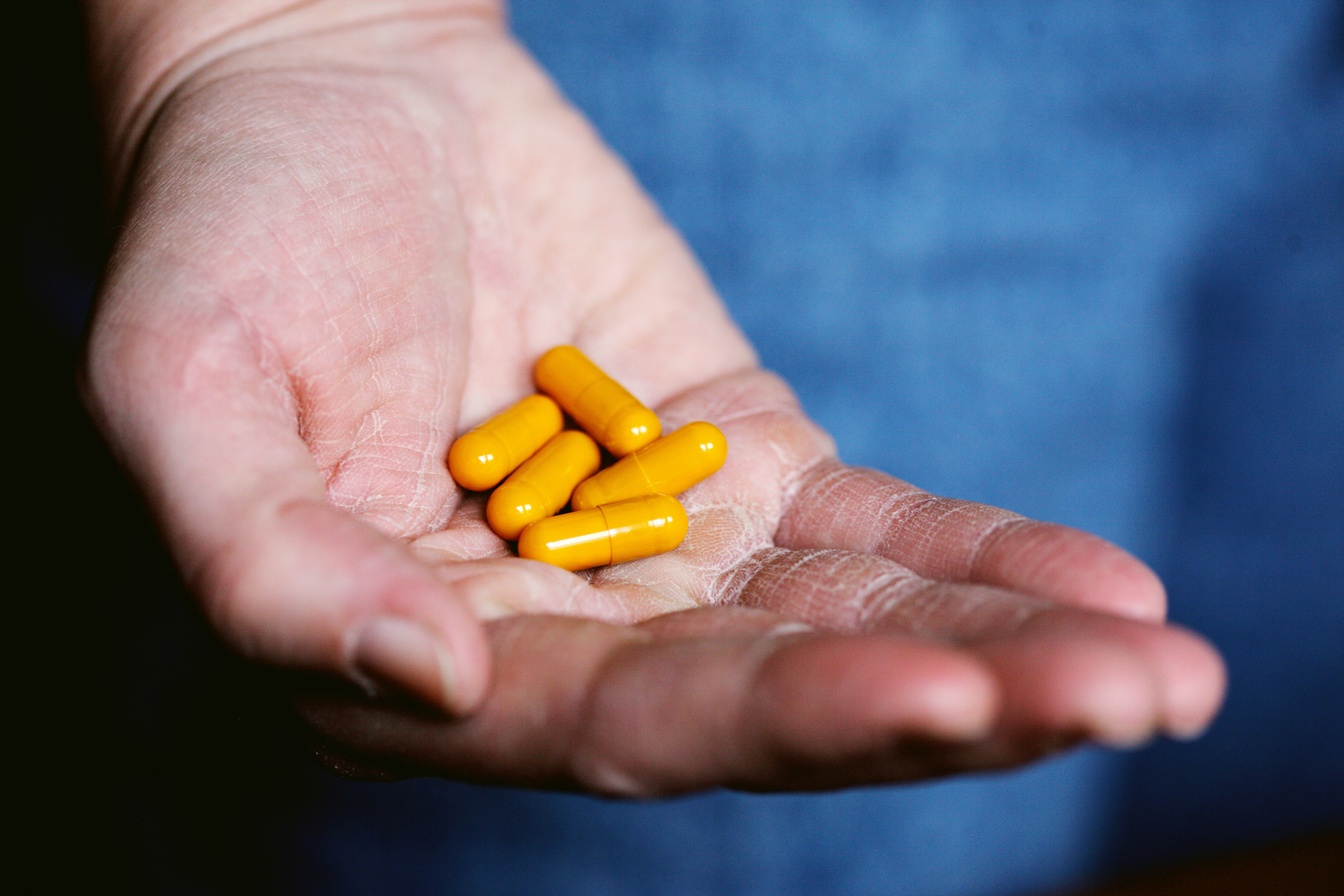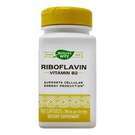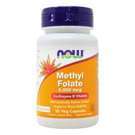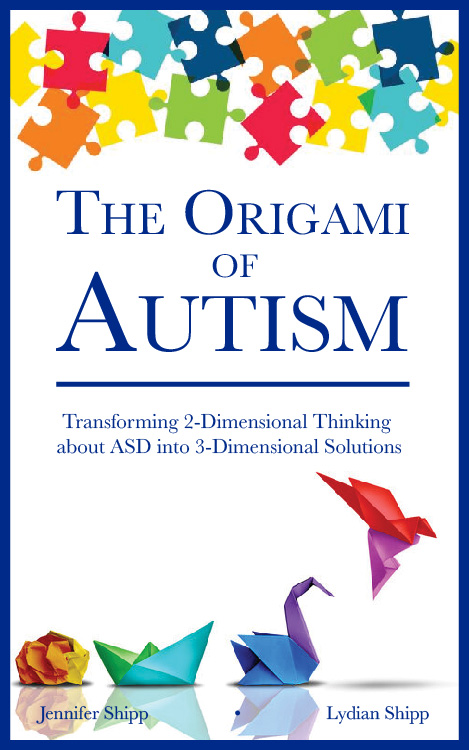How Much Vitamin B-Complex Should I Take Daily? How to Use the Correct Vitamin Dosage to Cure Vitamin B Deficiency Disorders
Before beginning with treatment using any B vitamin, first you should know that the B-complex vitamins should be taken together. Avoid taking any one B vitamin in higher doses for a longer period of time (especially if you’re not taking the other B vitamins, too, with it). The B vitamins all work together very closely, and therefore, if you want to see the best results, it’s important to be taking a B-complex vitamin in addition to other individual vitamins in higher doses according to the doses described below. Additionally, once your symptoms are resolved, you’ll need to back off on the B vitamin(s) you’ve been taking in higher doses. For many people, lower doses of B vitamins or B vitamins obtained from nutritional sources in addition to a normal B-complex vitamin will be enough after recovery.In all cases, a healthy, balanced diet should be eaten while supplementing with these B vitamins, and alcohol should be avoided if not completely eliminated (because alcohol can inhibit absorption of the B-complex vitamins).
With that in mind, here is the dosage information for all of the B-complex vitamins:
Vitamin B1 (Thiamine) Dosage
Below are some of the dosage considerations for people who suspect that they have low levels of vitamin B1 or a full thiamine deficiency:- Adult patients with diagnosed beriberi (of any kind) may be given between 50-100mg daily for 7-14 days.
- Children with beriberi may be given between 10-25mg intravenously or intramuscularly once daily in severe cases over the course of 2 weeks. In less severe cases, oral administration of 10-50mg of thiamine may be given once daily for two weeks, followed by a 5-10mg dose daily for one month afterwards.
- Patients with Wernicke’s encephalopathy are given 500mg of intravenous thiamine immediately. Then they should receive 500mg of IV thiamine three time daily for the following 2 days. After this, 500mg of IV or intra-muscular thiamine should be administered once daily for the next 5 days (this equals a total of 8 days of supplemental thiamine therapy). Thiamine should be administered before glucose infusion.
Vitamin B2 (Riboflavin) Dosage
Ariboflavinosis (a deficiency in vitamin B2) may be treated with the following doses (ideally, take riboflavin at the same time as a meal or snack):- In adult patients, an oral supplement of 5-30mg of riboflavin should be administered once or twice daily. Children should take an oral riboflavin supplement of between 2.5-10mg one or two times per day.
- For the prevention of migraines in people aged 8 and older, 200-400mg of riboflavin should be taken once daily.
Vitamin B3 (Niacin) Dosage
If you suspect that you have a niacin deficiency, increase your intake of niacin to 3000mg per day in divided doses (1000mg in the morning, 1000mg around lunchtime, and 1000mg again at dinnertime). Ideally, take a form of niacin that is just niacin. Though the flush-free formulas are fine, plain niacin is better for the treatment of illnesses in the vast majority of cases. Flushing can be a bit strange at first, but most people get used to the sensation quickly.Some people have to increase the dosage further. If you’re not seeing any results after two weeks, increase the dose by 1000mg and wait another 2 weeks. Depending on your situation, you may need more or less niacin. After recovery, most people are fine with only 500mg of niacin daily, though some people may need to continue with the 3000mg/day dosage for a period of time after recovery to ensure that they don’t have recurring health problems. If you must take the 3000mg daily for a longer period of time, make sure that you’re also getting adequate amounts of the other B-complex vitamins.
In children with autism, vitamin B3 should be administered as niacinamide to avoid flushing (since this can be uncomfortable and distressing, especially for children with ASD). It may be given at a dose of 500mg per day for a child weighing 40-50 pounds, and should be given with 500mg of vitamin C at the same time. If the child’s appetite reduces or if they experience nausea, reduce the dose.
Vitamin B5 (Pantothenic Acid) Dosage
Below are some recommended vitamin B5 dosages for children and adults:- For the treatment of dyslipidemia, one study administered 600mg of pantethine daily for 8 weeks.
- Children with autism may take 25mg daily of pantothenic acid in addition to other B-complex vitamins and other vitamins and minerals.
- Adults may take up to 10 grams per day before any adverse effects (such as stomach upset or diarrhea) will occur. Most people won’t need to take this much, however.
How Much Vitamin B6 Per Day Should I Take?
Anyone who chooses to take vitamin B6 as a therapeutic treatment should also be sure to take a magnesium supplement at the same time. Magnesium and vitamin B6 work together in the body to perform various functions, and without adequate magnesium, vitamin B6 will be unable to do its job (and in fact, a person could end up developing symptoms of a magnesium deficiency as a result if they don’t take these two supplements simultaneously).Some of the dosing information for vitamin B6 is listed below:
- In one study done on the effects of vitamin B6 on cardiovascular disease, 40mg of vitamin B6 was administered alone (another group also received vitamin B6 along with other B vitamins).
- Pregnant women treating morning sickness with vitamin B6 took 40mg of the vitamin twice daily (and experienced relief from their symptoms).
- For the treatment of drug addiction, depression, anxiety, and other mood disorders, 25mg of vitamin B6 minimum should be administered daily along with other nutritional supplements to ensure appropriate neurotransmitter production and usage.
- In children with autism, the dosage is 500mg of vitamin B6 daily with 250mg of magnesium (ideally, these supplements should be taken at the same time). Usually, however, parents start with a dose of 50mg of vitamin B6 daily (the maximum dose is 8mg per pound of body weight). If the child becomes agitated or if their sleep quality worsens, the amount of vitamin B6 should be decreased (or discontinued if these symptoms persist).
- Avoid taking particularly high doses of vitamin B6 (of 1000mg or more) daily over the long term, since this could cause some side effects. Smaller doses over the short or long term don’t demonstrate negative effects.
Vitamin B7 (Biotin) Dosage
- Fibromyalgia patients may take high doses of biotin in amounts of 100-600mg per day.
- Patients with type 2 diabetes experienced benefit from taking 9mg of biotin daily for a treatment period of one month.
- Biotin therapy with 2.5-5mg per day can be a treatment for brittle nails, thinning hair, split ends, and related problems.
- Women who are pregnant should take somewhat higher doses of biotin since deficiency is more likely during pregnancy (breastfeeding women should also take more biotin since biotin requirements are higher during this time).
Vitamin B9 (Folate/Folic Acid) Dosage
Vitamin B9 and vitamin B12 often go together. In the treatment of various illnesses related to deficiencies in B vitamins, deficiencies in these two vitamins tend to happen simultaneously. Therefore, supplementation with both vitamins is generally ideal if possible (unless there’s a good reason to assume that you’re not deficient in one or the other, or you’ve been tested and the results show only a deficiency in either vitamin B9 or B12).- Children with autism may be given 400mcg daily of methyl folate or folinic acid (the active forms of vitamin B9). This dose may be doubled every 5-7 days as long as the child seems to benefit and does not exhibit sleep problems or agitation (if this happens, reduce the dose). Increase the dose up to 1600mcg per day. Some children need extremely high doses of between 5000-80,000mcg per day in situations where they have a block in the transport of folate, however this is not the case in most situations.
- Fibromyalgia patients may take oral folic acid supplements in doses between 2.5mg to 20mg per day. Start with the lower dose and work up gradually as long as you notice improvement in your symptoms. The ideal dose according to some studies is between 6-7mg daily, with many patients administering this dose in combination with regular vitamin B12 injections over the course of an average of 5 years.
How Much Vitamin B12 Should You Take a Day?
Ideally, vitamin B12 should be administered intravenously or via injection in case of a deficiency. This is because, in supplement form, vitamin B12 isn’t absorbed particularly well when administered orally. If you don’t have access to IV or injection forms of vitamin B12, opt for a liquid vitamin B12 supplement of methylcobalamin (its natural form) and take higher doses than recommended on the bottle (don’t worry about taking too much, this is highly unlikely, especially if you’re suffering from a vitamin B12 deficiency).- In children with autism, one recommendation is to administer 0.01ml of a solution of 25mg/ml of methylcobalamin per 10 pounds of bodyweight. This amount should ideally be given every three days. Some (very few) children may become hyperactive after receiving vitamin B12, in which case the dosage should be lowered (or doses should be administered less frequently), or hydroxyB12 may be given instead of methylB12.
- For fibromyalgia treatment, both methylcobalamin and hydroxocobalamin may be used successfully, though methylcobalamin is preferable and has shown better results. Somewhat lower doses administered every 3-4 days have positive results according to some studies. Ideally, vitamin B12 should be administered by injection. If this is not possible, it may be administered in a dosage of 1000-2000mcg daily for a minimum treatment period of one month.
- For the treatment of depression and other mood disorders, 800-1000mcg of vitamin B12 should be administered daily.
- Gastrointestinal manifestations of vitamin B12 deficiency may be treated with 1000mcg of vitamin B12 daily, either by injection or oral administration.

Related Posts:
Resources:

 There are many different dietary sources of the B-complex vitamins, but many people may not get enough vitamins from only food due to either a poor diet or nutritionally depleted foods. And, if a person develops a nutritional deficiency, they'll need to take higher doses of the nutrient in order to restore health. So, there are times when taking vitamins is absolutely necessary for health and healing.
There are many different dietary sources of the B-complex vitamins, but many people may not get enough vitamins from only food due to either a poor diet or nutritionally depleted foods. And, if a person develops a nutritional deficiency, they'll need to take higher doses of the nutrient in order to restore health. So, there are times when taking vitamins is absolutely necessary for health and healing.

 The Origami of Autism: Transforming 2-Dimensional Thinking about ASD into 3-Dimensional Solutions - BUY HERE!
The Origami of Autism: Transforming 2-Dimensional Thinking about ASD into 3-Dimensional Solutions - BUY HERE!










